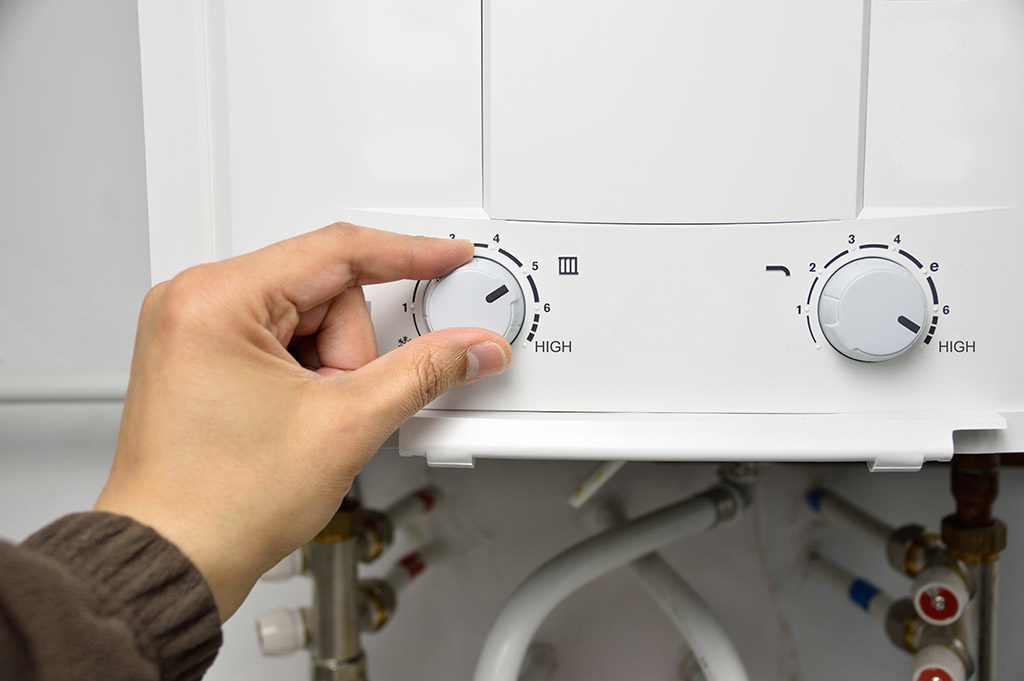Tackling the Most Frequent Hot Water Heater Emergencies
Tackling the Most Frequent Hot Water Heater Emergencies
Blog Article
Have you been on the lookout for insight concerning Warning Signs You Need Water Heater Repairs?

A water heater is just one of the most essential basic devices that can be found in a residence. With hot water heater, you do not require to experience the stress of heating water manually every time there is a need to wash, wash, or the meals. There is constantly an opportunity that your water heater would act up as with the majority of mechanical gadgets.
It is very important to keep in mind any type of little breakdown as well as tackle it swiftly before points get out of hand. Many times, your water heater starts to malfunction when there is a build-up of debris as a result of constant use. As a precaution, routine flushing of your water heater is suggested to prevent debris build-up as well as stop useful failing.
Usual hot water heater emergencies and also just how to handle them
Too little warm water
It might be that the water heater can not sustain the warm water demand for your home. You might update your water heating unit to one with a bigger ability.
Fluctuating water temperature.
Your water heater could begin generating water of various temperatures typically ice cold or scalding warm. In this situation, the first thing you do is to make sure that the temperature is readied to the wanted degree. If after doing this, the water temperature keeps changing throughout showers or other tasks, you might have a defective thermostat. There may be a demand to replace either the thermostat or the heating system of your water heater.
Dripping hot water heater storage tank.
In this scenario, you need to transform off your water heater, permit it to cool down, and also meticulously look for the resource of the issue. At times, all you need to do is to tighten a few screws or pipeline links in cases of minor leakages. If this doesn't work and the leak persists, you may need to employ the solutions of a technician for an ideal substitute.
Stained or stinky water
When this occurs, you require to understand if the issue is from the water or the storage tank resource. If there is no funny scent when you run chilly water, after that you are specific that it is your water heating system that is defective. The odiferous water can be caused by corrosion or the buildup of germs or debris in the water heating system storage tank.
Verdict
Some homeowners neglect little caution and also minor faults in their water heater unit. This only causes more damages and also a feasible complete break down of your home appliance. You need to manage your hot water heater mistakes as soon as they come up to stay clear of more expenses and also unnecessary emergency problems.
With water heaters, you don't require to go via the anxiety of home heating water manually every time there is a requirement to take a bathroom, do the washing, or the meals. It might be that the water heating unit can not sustain the warm water demand for your home. Your water heater could begin generating water of various temperatures generally ice cold or hot warm. If there is no amusing odor when you run cold water, then you are particular that it is your water heating unit that is malfunctioning. The stinky water can be caused by rust or the accumulation of microorganisms or sediments in the water heater storage tank.
Common Water Heater Issues and What You Should Do
What Type of Water Heater Do You Have?
Before we begin it’s first important that you identify the type of water heater you have on your property. There are two main types of water heaters out there: conventional and high efficiency.
Both of these types of products typically use either gas or electricity to heat power. There are also solar water heaters that use a thermal collector on the roof or yard to heat the water.
While these models are not as common, they can cut heating costs in half. In this article, we will focus on conventional and high efficiency.
How Do My Electric and Gas Water Heater Work?
Though they look similar, electric and gas water heaters work very differently. It’s important to know their basic function because often problems can be specific to the heating source.
In the electric model, a thermostat on the side of the machine detects the temperature of the water in the tank. When the temperature needs to rise electricity flows to a heating element suspended in the water.
Gas models also use a thermostat device — typically with a mercury sensor at the tip and an additional sensor called a thermocouple. The thermocouple detects whether the pilot light is on and controls the flow of gas.
When the thermostat drops below the appropriate level gas is released which becomes ignited by the pilot light. The flame heats the bottom of the water tank which causes hot water to rise and cold water to drop.
This natural circulation continues until the water reaches the desired temperature. Then, the thermostat triggers the gas control valve to shut off the flow of gas.
What Are the Most Common Issues and How Do You Fix Them?
https://happyhiller.com/blog/common-water-heater-issues-and-what-you-should-do/

I ran across that blog entry about Warning Signs You Need Water Heater Repairs while browsing on the search engines. Appreciated our blog? Please share it. Help another person check it out. Thank-you for your time invested reading it.
Connect for clarity. Report this page